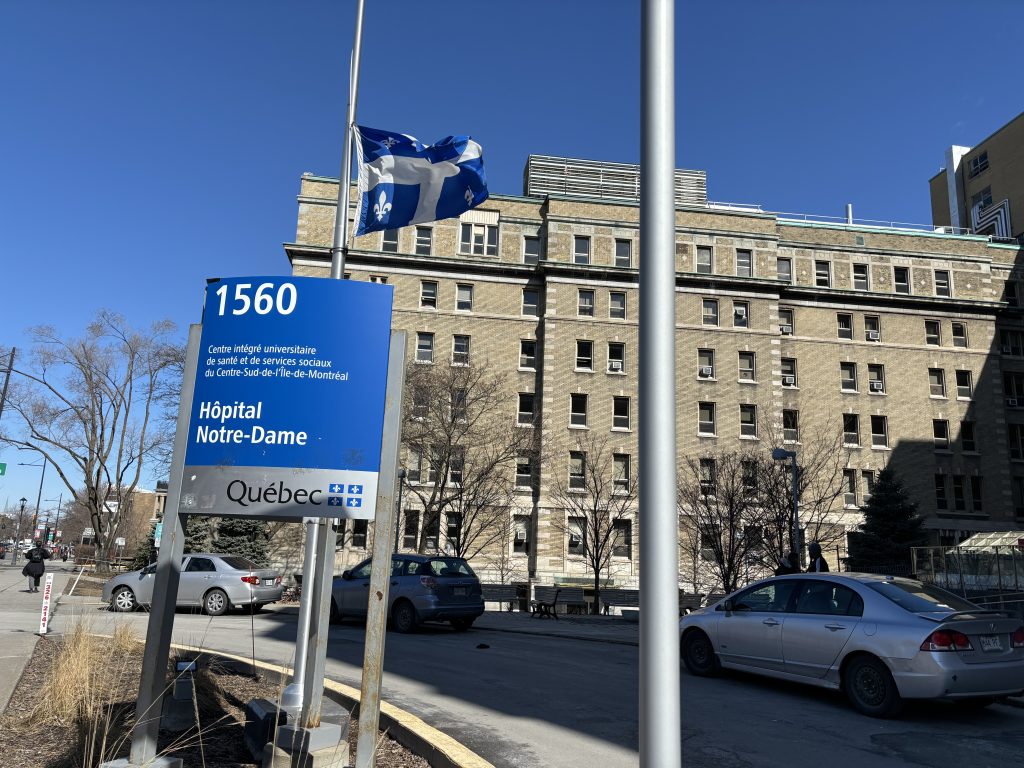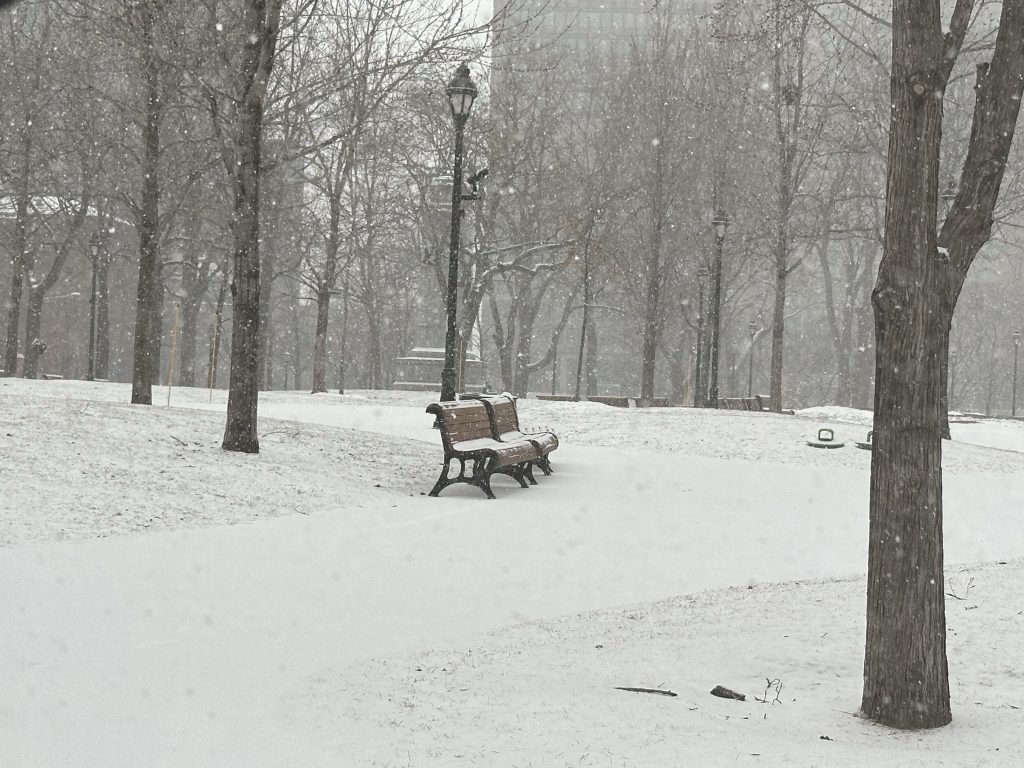Mask mandate reinstated in some Quebec health facilities following rise in measles cases

Posted March 15, 2024 3:37 pm.
Last Updated March 15, 2024 6:44 pm.
New data shows Quebec with 21 measles cases as of Friday 2 p.m., including 15 in Montreal.
According to the CIUSSS de l’Est, health centres in the eastern part of the island have responded by reinstating mask mandates and launching a vaccination campaign in elementary schools.
Notre-Dame and Sainte-Justine Hospitals are also among those requiring patients to wear masks to stop the spread.
“I feel like it’s necessary, especially to protect those who are more vulnerable,” said Montrealer Selena Ringwald. “Masking really doesn’t bother me, even as someone who has breathing issues after having COVID.”
Measles is highly contagious; the virus can remain active for up to two hours in a room even after an infected person has left. It also has a long incubation period – usually between 10 and 14 days. Its symptoms include fever, cough and a bumpy, red rash.
Common complications are ear infections and diarrhea. In rare cases, measles can be fatal.
Measles was previously eradicated in Canada through vaccinations, but it’s quietly spreading again. Health officials are urging vaccination is the best way to prevent it from doing so.
The Ministry of Health and Social Services has affirmed that the decision to reintroduce masking comes from the hospitals and health centres and not from the ministry.
Instructions for mask-wearing apply to healthcare workers, doctors, patients and accompanying persons, including children who are able to wear the mask. Masks must be worn in places where patients can circulate, such as elevators, corridors and waiting rooms, as well as adjacent rooms which contact with patients, such as administrative offices with an open door.
The measles vaccination campaign begins Monday, March 18 at select schools, including 21 primary schools in the eastern part of Montreal.
“There are two big things that we can do to control the spread of measles,” said Dr. Christopher Labos, cardiologist and epidemiologist, “One is to make sure people who are unvaccinated get vaccinated because then they can’t get sick. And (…) anything that you can do to stop the spread, like isolating people who are sick, and mask wearing.”
The CIUSSS West Island is asking parents of children in schools and daycares to check their childrens’ immunization records, as measles vaccines go by various names.
Unvaccinated children will be eligible for a free vaccine.
“Vaccination rates have fallen, and so we have more susceptible individuals out there to get sick,” said Dr. Labos.
According to public health data, 87 per cent of elementary school students are adequately vaccinated, and 88.8 per cent for secondary school students. Authorities are aiming to protect 95 per cent of the population, either through a history of illness or through vaccination.
Because children under the age of one generally have not received a vaccine, they are more vulnerable to measles, which can cause serious complications.
Close to 5,000 Quebecers were vaccinated against measles over the last week. Two doses of the measles vaccine provide 95 per cent lifelong protection.
Those most at risk of complications from measles are babies under a year old, those with weakened immune systems, and pregnant women who are not adequately vaccinated.
-With files from The Canadian Press








